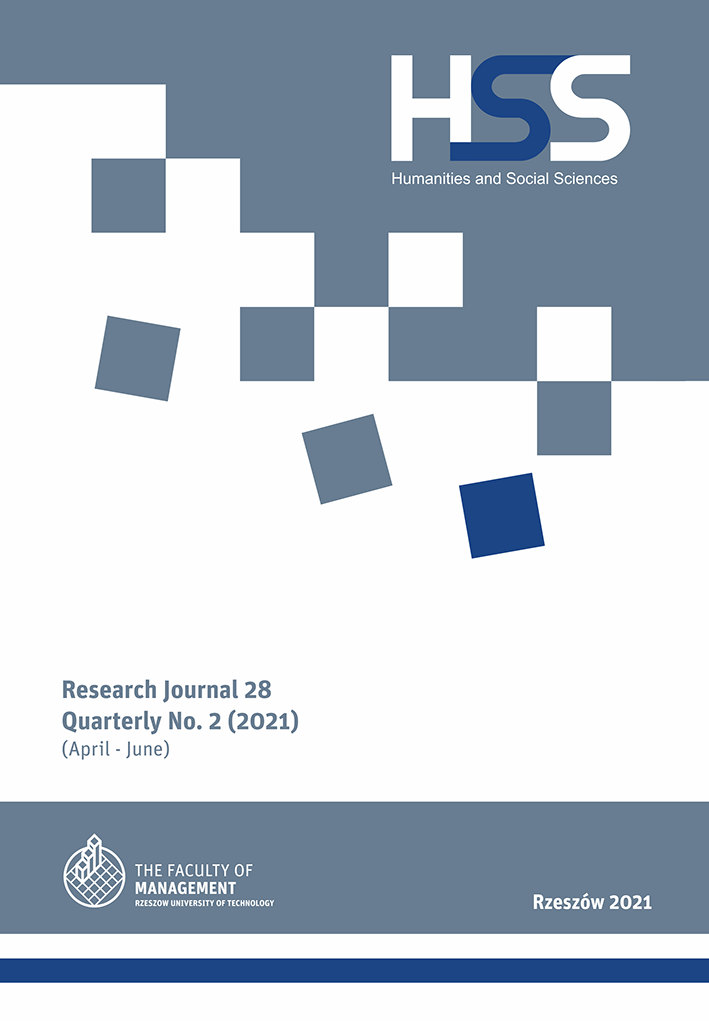Abstract
This article is an attempt to organise information, both historical and geographical, related to construction of the Vistula Spit canal, including fragmentary reports from the construction site. Provided the investment schedule is not disrupted, this project will be in its final implementation phase at this article’s time of publication. From the beginning, the project has been highly controversial, with not only politicians, but also spatial planners, economists, and, above all, environmentalists scrutinising it in great detail. The investment process related to the project is the product of successive and effective activities aimed at completing construction through associated investments. Each stage of this process has been affected by legal regulations of various legal branches (construction, water, environmental protection, etc.), and the effects of these regulations have become interwoven. When the project is completed, its components–hydrotechnical structures, bridges, locks, breakwaters, fairway, silting island, and waterfowl refuges–will not be subject to evaluation, only its complexity. Anthropopressure is omnipresent, and environmental reports following completion of the investment will analyse the environmental impact of the Vistula Spit canal. This article reports the findings of research conducted among young inhabitants of Podkarpacie whose aim was to examine their attitudes toward the investment made in Vistula Spit canal’s construction and to assess its justifiability. Study respondents assessed its impact on the security of Poland and on ecological safety, the opportunities for a revival of tourism in the region following the canal’s completion, and the state’s information policy concerning its construction.
References
Gen 1:28
http://portalgis.gdansk.rdos.gov.pl/walypraelpowodziowe-krynicamorska/Za%C5%82%C4znik%85c%205.pdf
http://www.rzgw.gda.pl/cms/site.files/image/ProgramZulawski/MapaDuza1.jpg
https://encyklopedia.pwn.pl/haslo/Zulawy-Wislane;4003193.html
https://www.tygodnikprzeglad.pl/zulawy-raj-podtopiony/
https://pomorska.pl/na-zalewie-wislanym-powstaje-sztuczna-wyspa-estyjska/ar/c7-15197214
Sommer, H., Zakrzewski, G. (2017a). Założenia dla edukacji ekologicznej czy bezpieczeństwa ekologicznego. „Humanities and Social Sciences”, vol. XXII, 24 (3/2017). Access on the internet: http://doi.prz.edu.pl/pl/publ/einh/344
Sommer H., Zakrzewski G. (2017b). Rozumienie słownictwa z ochrony i kształtowania środowiska człowieka w dokumentach państwowych. „Humanities and Social Sciences”, vol. XXII, 24 (4/2017). Access on the internet: http://doi.prz.edu.pl/pl/publ/einh/365
Sommer H., Zakrzewski G. (2020). Ecological security vs. food security. “Humanities and Social Sciences”, vol. XXV, 27 (4/2020). Access on the internet: https://oficyna.prz.edu.pl/ zeszyty-naukowe/humanities-and-social-sciences/hss-27-2020/hss-2020-04


